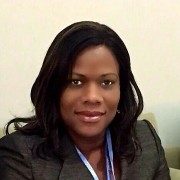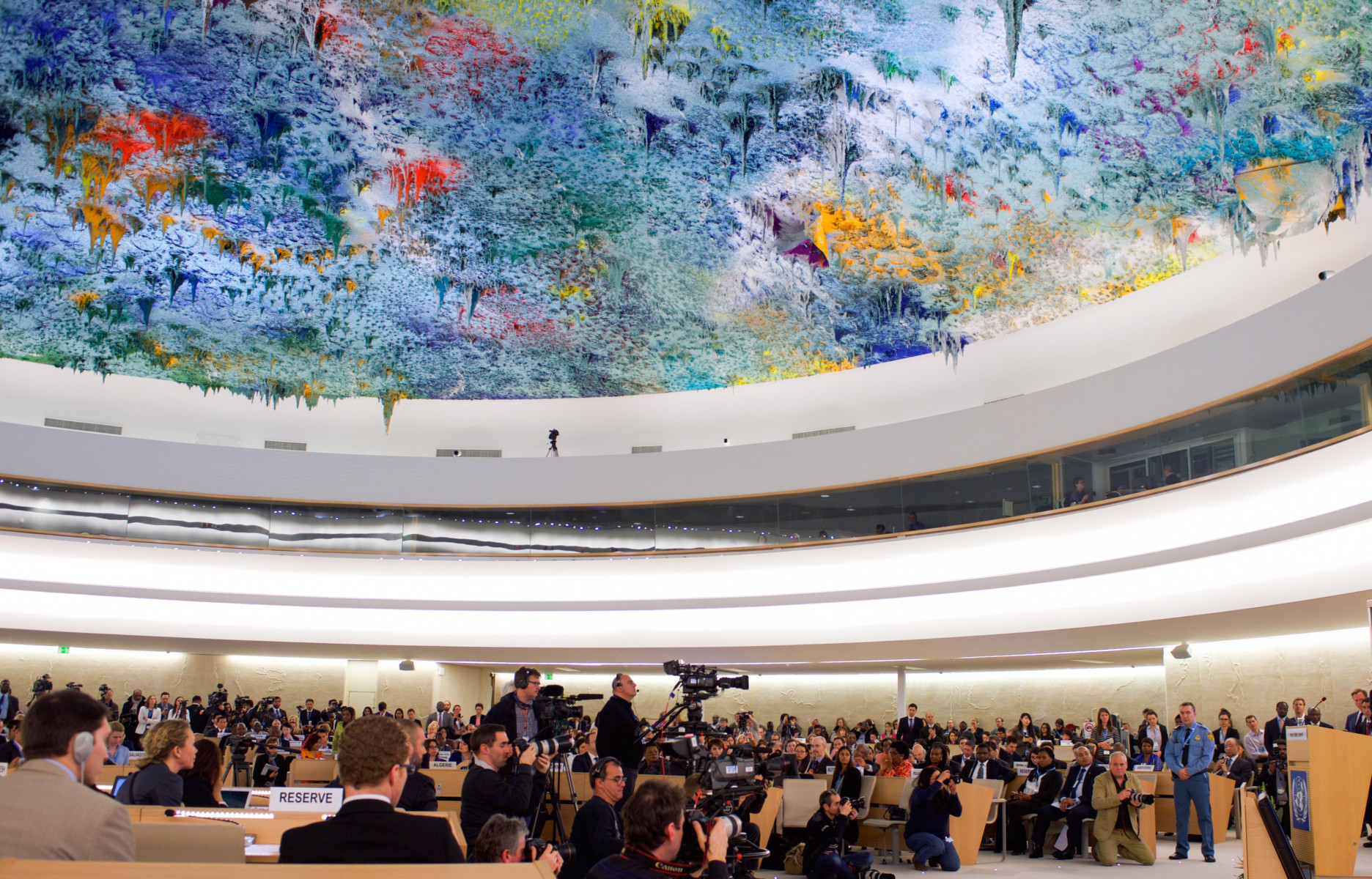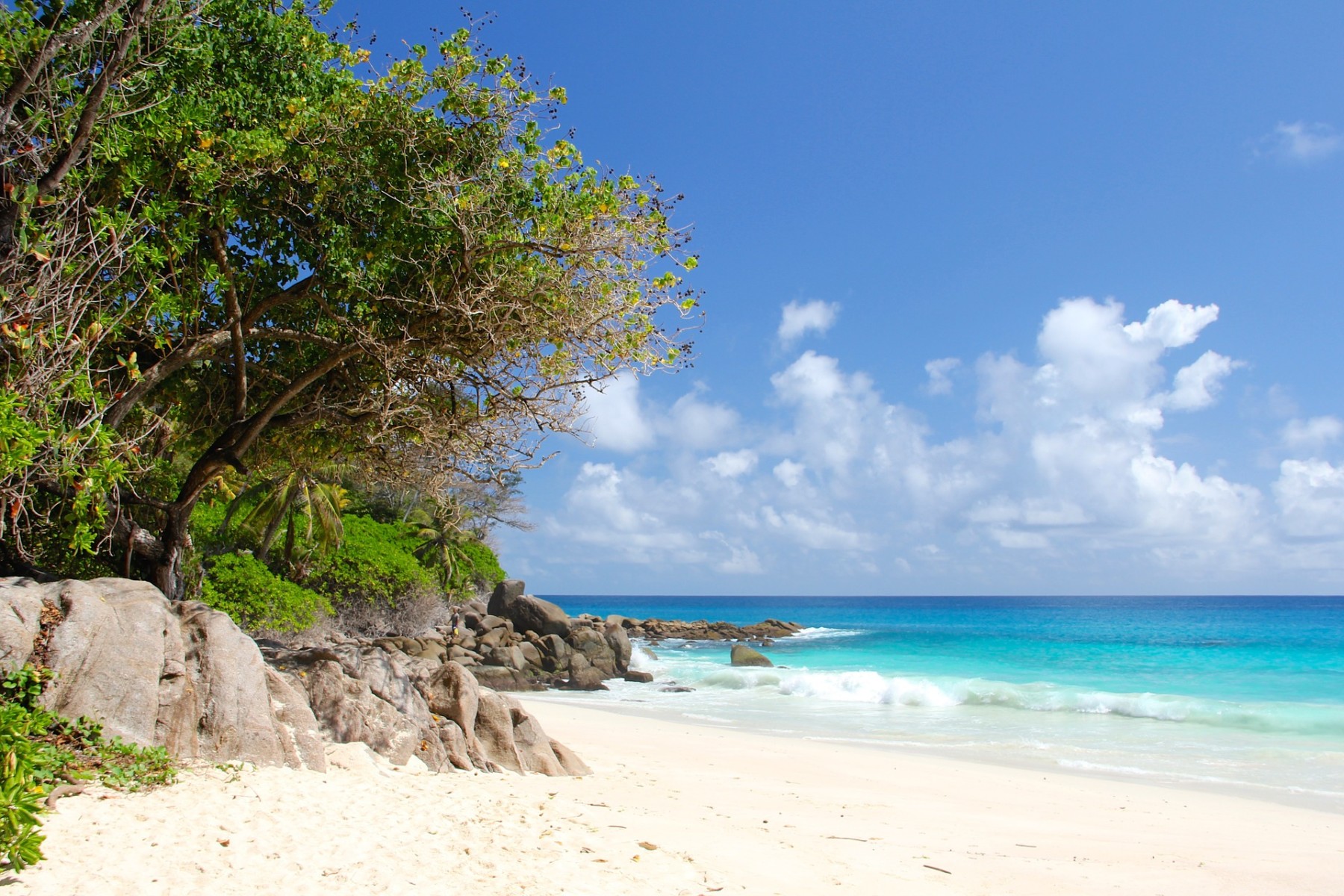
Back in 2014, Roxie McLeish-Hutchinson had a bit of an emergency. Recalling that time, she said: “Grenada was already one month overdue in submitting its national report for the Universal Periodic Review under the UN Human Rights Council. I was the official responsible for ensuring the report was completed – so I was under pressure. One month after the deadline, I hadn’t begun collecting data or drafting the text.”
Fortunately, the Commonwealth Secretariat was able to help her prepare the report. As Ms McLeish-Hutchinson explains though, the Secretariat’s support didn’t stop there.
Ms McLeish-Hutchinson said: “[The Secretariat] put me in touch with a representative from the Office of the United Nations High Commissioner for Human Rights, who funded my travel to Geneva. Our delegation received assistance in selecting appropriate accommodation and airport transfers. They also provided sample opening statements to be delivered at the Review. The Commonwealth Small States Office became Grenada’s mission to the UN in Geneva during our delegation’s stay.”
Now we are helping Grenada implement the recommendations accepted during its last review. In addition, we are working with the government, as Ms McLeish-Hutchinson says, “to improve on our commitments to treaty bodies by submitting outstanding reports”.
Helping Grenada establish its national human rights institution
The Commonwealth Small States Office became Grenada’s mission to the UN in Geneva during our delegation’s stay.
— Roxie K. McLeish-Hutchinson, Foreign Service Officer, Ministry of Foreign Affairs, Grenada
In 2016, we responded to another request for help from Grenada. The previous year, the Universal Periodic Review process had recommended the establishment of a national human rights institution (NHRI). In response, the Grenada Government asked us to assist them. So we arranged a dialogue over two days. We discussed the benefits of such an institution, and how to garner support for one. We encouraged adherence to international best practice, and helped to demystify the process of establishing an NHRI.
Further progress with human rights in 2015-2017
Grenada’s steps towards establishing an NHRI is just one example of the progress made in human rights during 2015-2017. Despite financial cuts and the long-term nature of work in this area, our performance was rated Green (“Satisfactory”).
We advanced significantly with our work to end child, early and forced marriage (CEFM). The Kigali Declaration on CEFM – now signed by 20 members – continued to gain traction internationally. We supported national implementation of the Kigali Declaration to complement international efforts. For example, we worked in partnership with Ghana’s Commission on Human Rights and Administrative Justice. This included traditional chiefs and queen mothers in the rural north of the country. The result was a draft memorandum of understanding and agreement to undertake a joint programme to eliminate CEFM.
We also supported the Ombudsman of Samoa. The country had its first national inquiry into family violence and violence against women and girls (VAWG). The Secretariat provided technical inputs throughout its lifecycle.
As Grenada advanced towards setting up its NHRI, already established NHRIs made progress. We saw 17 NHRIs adopt the St Julian Declaration on Climate Justice at a Commonwealth Forum of National Human Rights Institutions (CFNHRI) – a side-event at CHOGM 2015. The NHRIs are now committed to taking tangible action on climate justice in the context of discharging their mandates to protect and promote human rights.
We also agreed the CFNHRI Strategic Plan 2016-2019. We appointed NHRI focal points to develop an action plan for each of the eight priority areas, and launched a CFNHRI website to facilitate information sharing.
Mozambique and South Africa NHRI representatives participated in a CEFM dialogue. It was convened by the University of Pretoria and the African Union Commission (Pretoria, May 2016). Meanwhile, the Pakistan NHRI participated in a regional consultation to develop a judicial bench book for Asia on VAWG. Engagement with Swaziland and Barbados progressed on the establishment process.
Thank you, Ms McLeish-Hutchinson
Following our work with Ms McLeish-Hutchinson over the past few years, she had some kind words for us: “I am truly inspired by the technical human rights expertise and assistance provided by the Commonwealth Secretariat. I am appreciative of the frank and respectful manner in which our engagements take place.
“When I feel overwhelmed, I am comforted knowing that they are only a phone call or an e-mail away and I am always, always assured of help. I feel very much a part of the Commonwealth family and I would like to place on record, the gratitude of the Government and people of Grenada for all the assistance received from the Secretariat. I look forward with great anticipation to greater collaboration in the future.”
“The battle still has to be won but child marriage is not going unchallenged in the world. There is a need for political and civic leadership, as well as grassroots actions. Act locally and think globally. The Commonwealth Kigali Declaration is an example of this working in practice.” – Professor Les Allamby, Chief Commissioner of the Northern Ireland Human Rights Commission, speaking at the UN Human Rights Council (Geneva, June 2017)


